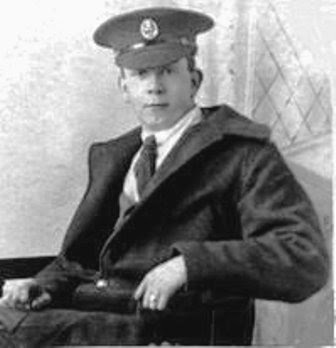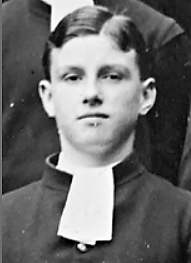SHIP’S MASTER GEORGE EDWARD ANDREW, MERCHANTILE MARINE, STEAMSHIP MONTEBELLO. LOST AT SEA 21st JUNE 1918 AGED 49 YEARS.
SHIP’S MASTER GEORGE EDWARD ANDREW, MERCHANTILE MARINE, STEAMSHIP MONTEBELLO. LOST AT SEA 21 st JUNE 1918 AGED 49 YEARS . George Andrew was born in Howden Workhouse in East Yorkshire where his father Henry was the Master and his mother Ellen the Matron. The youngest of five children he lived in the workhouse throughout his childhood, although, he would have suffered none of the privations that were imposed upon the inmates. Evidence suggests that George joined the Merchant Navy when he was about 15 as an apprentice sailing out of the port at Greenock in Scotland. In 1896 he had qualified as a First Mate and two years later as Master, which would have allowed him to captain ships from Britain to foreign ports. It appears that he then worked for Thomas Wilson Sons and Co, who owned a large fleet of ships mostly operating out of Hull. It is believed that George married a woman called Annie Precious in Poplar London in 1901 and by 1913 her name appears on the electoral register

